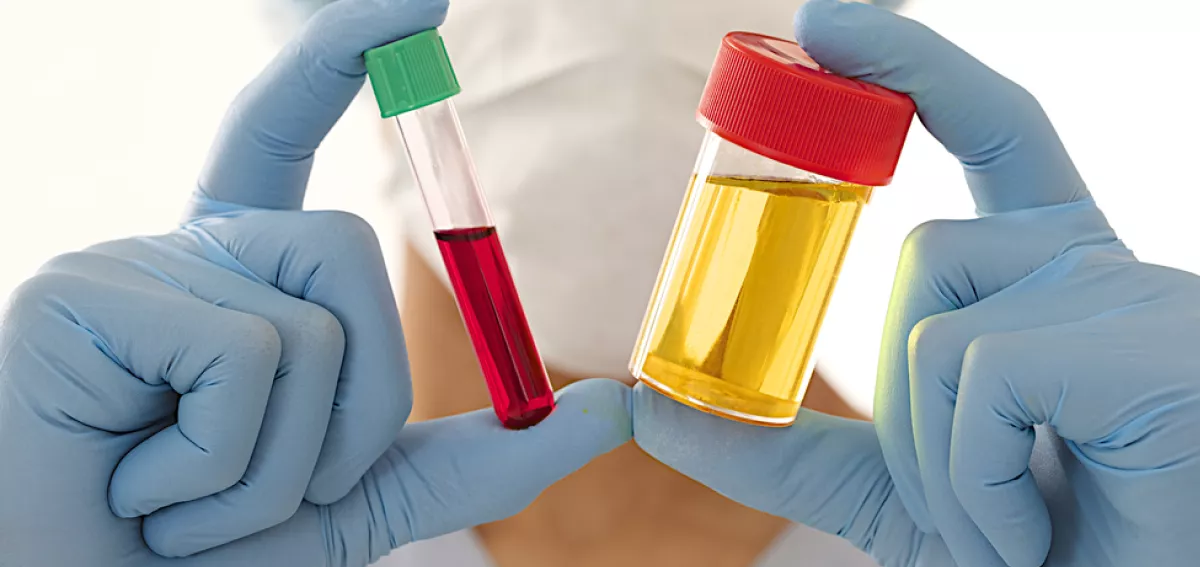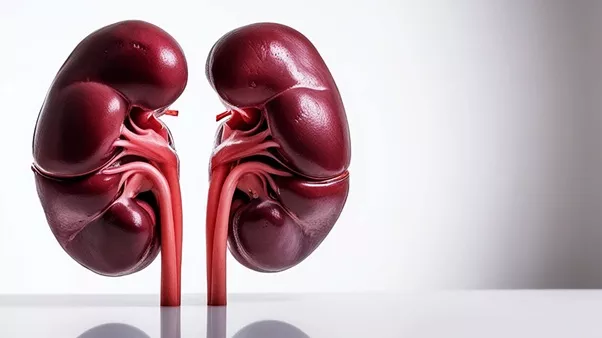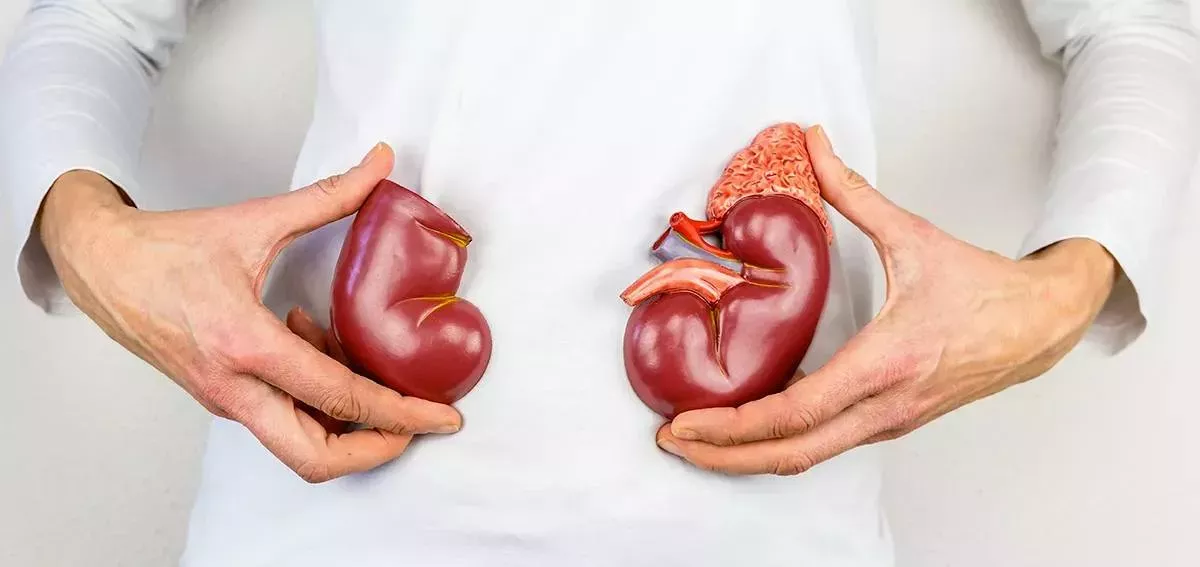It can be frightening to find blood in your urine. Blood in the urine can be a serious warning sign. Never ignore the presence of blood in the urine. Consult with the best urologist in Kerala to choose the right course of treatment.
What is Haematuria?
Gross or visible haematuria refers to the presence of red urine, which usually indicate the presence of blood in the urine. The term microscopic haematuria refers to a condition in which blood occurs in the urine but be seen under a microscope only.
During your routine visits to the doctor, you may be asked to provide a urine sample for analysis. Tests are performed regularly. Traces of blood could be detected using a chemical strip known as a dipstick or by using a microscope. Dipstick test results should always be double-checked using a microscopic examination. Blood in the urine can occur due to several reasons and requires attention from your doctor.
Symptoms:
Due to the presence of red blood cells, gross haematuria causes urine to be red or cola-coloured. Red urine can be produced with only a small amount of blood, and bleeding can be painful or painless passing blood clots in your urine can be uncomfortable. Blood in urine typically occurs without any other symptoms or signs.
Your urine may turn red if you take some medications, or eat certain foods, such as beets, berries or rhubarb. A change in urine colour brought on by medication, food or exercise may disappear in a short period. Blood in urine has a different appearance, but you might not be able to distinguish between the two. It's best to visit your doctor as soon as you notice red urine.
What are the causes of haematuria?
Haematuria may be caused by a variety of reasons.
- Infection: One of the most frequent causes of haematuria is an infection in the urinary tract. Your kidneys, bladder or urinary tract could all be affected by the infection. The urethra, the tube that carries urine from the bladder out of the body, becomes infected when bacteria enter it. The infection may spread to the bladder or kidneys. It frequently results in pain and a tendency to urinate often.
- Stones: The minerals present in concentrated urine may turn into crystals and settle in the kidneys or on the urinary bladder. The crystals may further develop into tiny, hard, stone-like substances. Kidney stones can be painless, and you will not recognize the presence of stones unless they are being passed or cause a blockage of the urinary tract. Gross and microscopic haematuria can also be brought on by kidney or bladder stones. When the stones move down from the kidney, pain can be reversed.
- Enlarged prostate: An enlarged prostate is a cause of haematuria in older men. This gland is located close to the urethra and below the bladder. The urethra becomes compressed when the prostate grows in size. This makes urinating and might prevent the bladder from emptying completely. This can result in blood in the urine and a urinary tract infection.
- Kidney disease: Kidney disease is a cause of blood in the urine. Haematuria can be caused by a disease known as glomerulonephritis.
- Cancer: Visible bleeding in urine could indicate prostate, bladder, or kidney cancer. These cancers are treatable in their early stages.
- Other causes: There are a few uncommon causes of haematuria as well. Blood in the urine can be a symptom of rare blood disorders like haemophilia, sickle cell anaemia, and Alport's syndrome. Blood can also appear in the urine as a result of strenuous exercise or a blow to the kidneys.
Treatment:
Depending on the cause of haematuria, treatment options may include using antibiotics to treat a urinary tract infection, a drug to reduce an enlarged prostate, or shock wave therapy to dissolve bladder or kidney stones. Sometimes, no treatment is required as the blood in the urine will clear out in a few days.
Make it a point to visit Aster Medcity, Kerala to follow up with your treatment to ensure a complete cure for haematuria.
FAQs:
1. Which medication increases the risk of haematuria?
Haematuria is more common when antithrombotic drugs are used.
2. What is the best treatment for haematuria?
Depending on what is causing your haematuria, treatment options include trying a prescription drug to reduce an enlarged prostate, using antibiotics to treat a urinary tract infection or receiving shock wave therapy to dislodge kidney or bladder stones.
3. How long does haematuria last?
The underlying cause of haematuria determines how long it persists. For instance, haematuria caused by vigorous exercise usually disappears on its own in 24–48 hours.
4. How can you prevent haematuria?
To avoid haematuria, one must prevent its root causes.
Drink plenty of water every day, stay away from excessive use of certain foods like spinach and rhubarb to prevent stones, limit your salt intake, urinate after sexual activity and maintain good hygiene practices.










